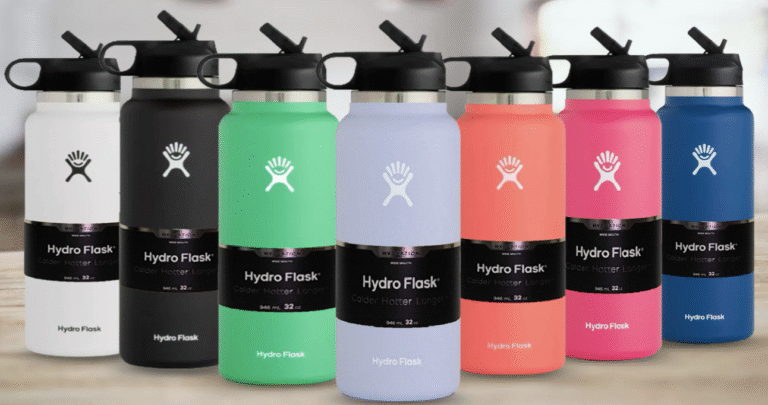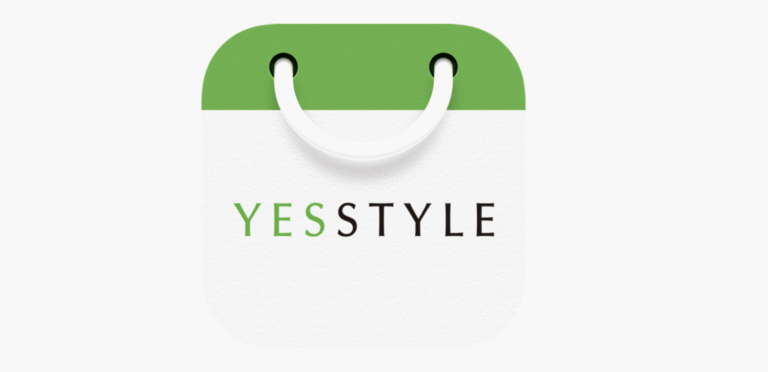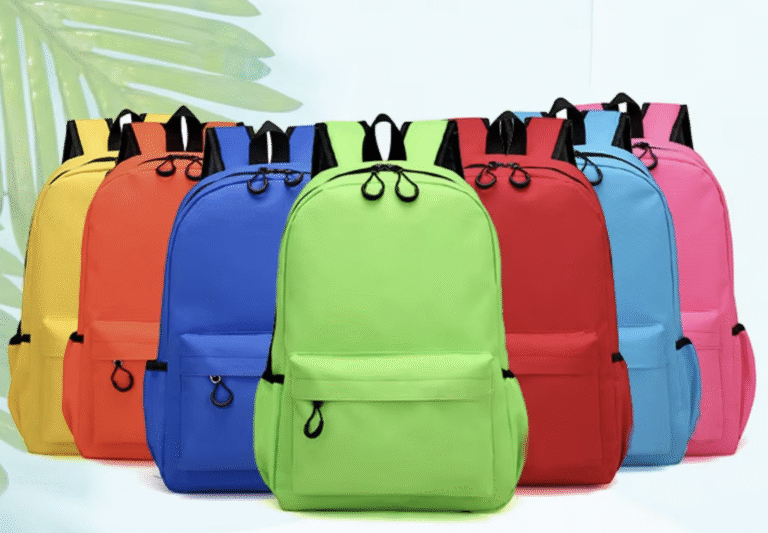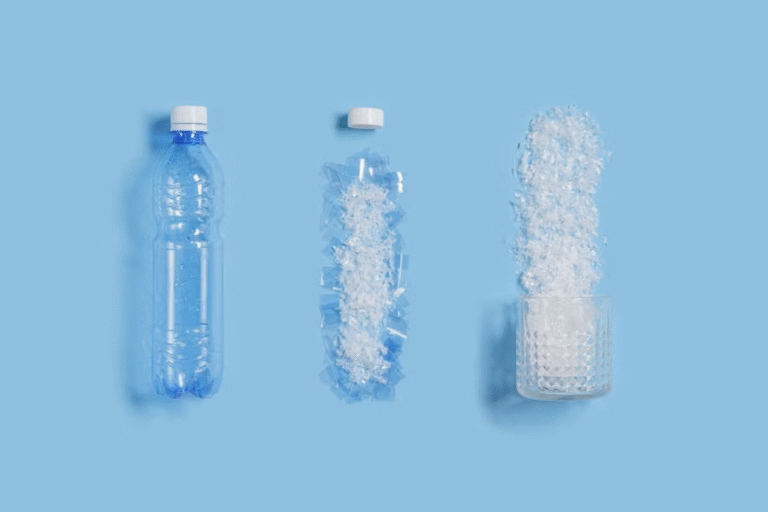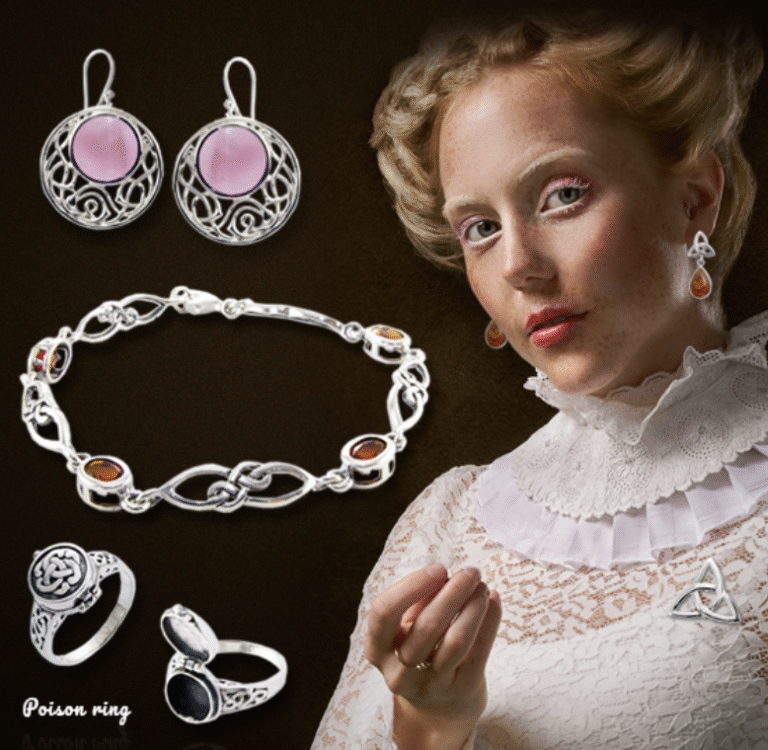How to Buy Pop Mart Labubu The Monsters Exciting Macaron from China: Ultimate Import Guide
Introduction to Exciting Macarons from China
Buying exciting macaron from China isn’t just a business opportunity—it’s a chance to tap into a deliciously vibrant trend that’s gaining popularity across the globe.
If you’re in the bakery business, run a café, or simply want to start an e-commerce store selling gourmet sweets, Chinese macaron suppliers offer colorful, customizable, and cost-effective options.
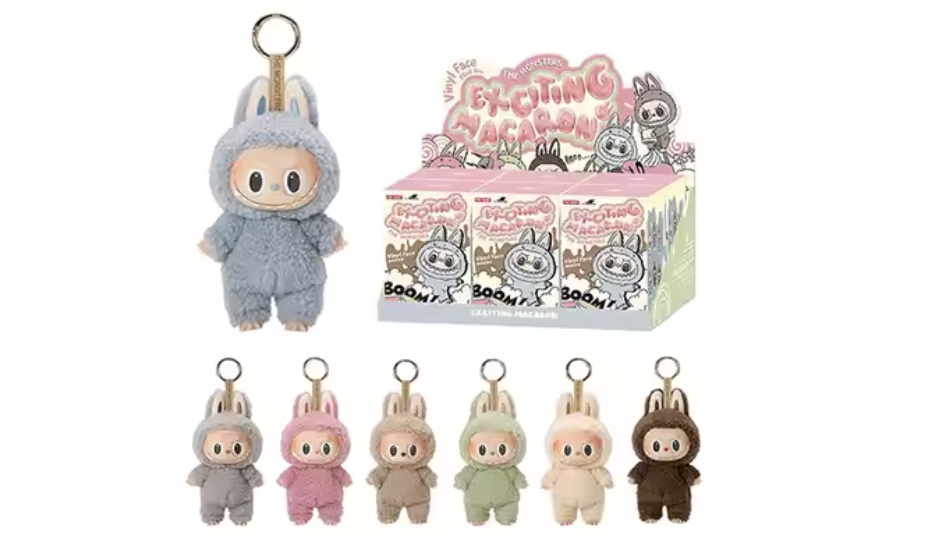
What makes a macaron “exciting”? It’s more than the chewy almond base or the fluffy filling. It’s about bold colors, international flavor fusions, glittering shells, and intricate packaging that attracts attention on shelves or social media.
With China’s massive food production infrastructure and innovation in dessert manufacturing, the country is becoming a global hub for gourmet-style macarons.
China isn’t just known for electronics and clothing anymore. Their confectionery game—especially when it comes to gourmet treats like macarons—is rising rapidly. Whether you want birthday-themed boxes, holiday specials, or keto-friendly versions, Chinese macaron factories have you covered.
And the best part? You can source them in bulk, customized to your branding, and shipped right to your door.
Table of Contents
Why Buy Macarons from China?
Competitive Pricing and Bulk Manufacturing
When it comes to cost-efficiency, China’s manufacturing scale is hard to beat. Most suppliers offer exciting macarons at prices much lower than Western vendors, without sacrificing taste or presentation.
You’ll find deals that average around $0.20 to $0.50 per macaron when ordering in bulk, depending on flavor and packaging requirements.
Here’s a cost comparison table to give you an idea:
| Source Country | Average Price per Macaron | MOQ (Minimum Order Quantity) | Customization Options |
|---|---|---|---|
| China | $0.20 – $0.50 | 500 – 1000 units | High |
| France | $1.00 – $2.00 | 100 – 200 units | Medium |
| USA | $0.80 – $1.50 | 200 – 300 units | Medium |
Thanks to mass production capabilities, many factories in cities like Guangzhou, Shanghai, and Shenzhen operate in highly automated facilities, ensuring consistent quality and flavor profiles.
Variety in Flavors, Designs, and Customization
Chinese suppliers specialize in customization. Want lavender cream filling with gold foil on top? No problem. Looking for Halloween-themed macarons with pumpkin faces and candy corn sprinkles? They’ve got it.
You can usually choose:
- Shell color and patterns (marbled, metallic, themed)
- Filling type (buttercream, ganache, jam, even vegan options)
- Flavors (matcha, durian, earl grey, taro, rose lychee, etc.)
- Packaging (individual wraps, gift boxes, tins with logos)
Many suppliers also allow you to print QR codes, brand stories, or even your Instagram handle directly on the box.
In short, if you’re looking to stand out, buying exciting macaron from China gives you the creative freedom and pricing to do just that.
Step-by-Step Guide to Buying Exciting Macarons from China

Step 1 – Identifying Reliable Macaron Suppliers
Finding the right supplier is everything. Start your journey by visiting platforms like:
- Alibaba
- 1688 (for Mandarin speakers)
- Made-in-China.com
Look for suppliers with:
- Gold Supplier badge (on Alibaba)
- Verified Business License
- Positive reviews (above 4.5 stars)
- At least 2+ years in business
You can also use filters to find suppliers who focus on macarons or baked goods, and request product catalogs.
Pro Tip: Always check if the supplier specializes in food manufacturing and exports. A kitchen gadget seller who “also sells macarons” isn’t what you want.
Step 2 – Checking Product Quality and Certification
Before moving ahead, verify the supplier’s quality standards. Request certifications such as:
- ISO 22000 (Food Safety Management)
- HACCP (Hazard Analysis and Critical Control Points)
- FDA Registration (for U.S. imports)
- Halal/Kosher Certificates (if applicable to your market)
Ask for lab test reports or videos of the production process. A trustworthy supplier will have no issue providing them.
Also, confirm whether their facility is a BRC or SGS audited plant, which gives additional assurance.
Step 3 – Requesting Samples and Comparing Options
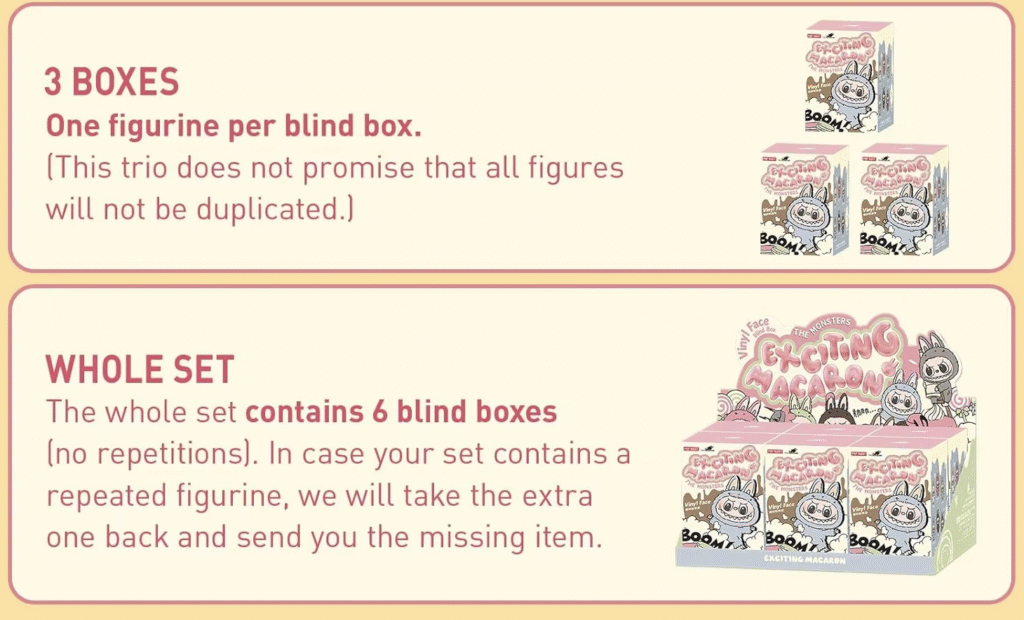
Before committing to a large order, always request samples. This not only allows you to test the product quality but also gives you a glimpse into the supplier’s responsiveness and professionalism. When sampling exciting macarons from China, here’s what you should evaluate:
- Appearance: Are the shells smooth and glossy? Is the color vibrant and uniform?
- Taste: Are they fresh? Is the flavor rich and true to its description?
- Texture: A good macaron should be slightly crisp on the outside and chewy on the inside.
- Packaging: Are the samples delivered in a presentable and secure manner?
Order samples from at least 3–5 suppliers to compare the variety, quality, and customization capabilities. Use a spreadsheet to score them on flavor, design, packaging, and communication responsiveness.
If a supplier refuses to send samples or insists on exorbitant sample fees, consider it a red flag. Most reputable manufacturers will charge a minimal sample fee and refund it against your bulk order.
Step 4 – Negotiating Prices and Terms
Once you’ve chosen your top supplier, it’s time to negotiate. Here are a few tips to ensure you get the best deal:
- Always ask for tiered pricing: For example, what’s the price for 500 units vs. 1,000 units?
- Negotiate packaging upgrades: Custom printed boxes or extra inserts may be added free with larger orders.
- Discuss Incoterms: Terms like FOB (Free On Board) or CIF (Cost, Insurance, and Freight) define who handles shipping and risk.
Don’t shy away from asking for:
- Bulk discounts
- Flexible payment terms (50% deposit, 50% before shipping)
- Delivery guarantees
Ensure all agreements are documented in a formal Proforma Invoice with clear clauses about lead time, product specs, and payment terms.
Step 5 – Placing the Order and Arranging Payment
Now that you’ve negotiated the terms, it’s time to place your order. Here’s a checklist:
- Review the Proforma Invoice (PI) carefully.
- Confirm your packaging and design preferences in writing.
- Choose your preferred payment method: T/T (bank transfer), PayPal (for smaller orders), or Alibaba Trade Assurance (for added protection).
- Ask for production photos once manufacturing begins.
- Confirm the shipping date and port of loading (if applicable).
Before making the final payment, request detailed product photos or a live video call showing the packed macarons and shipment being prepared.
Platforms and Places to Source Macarons in China
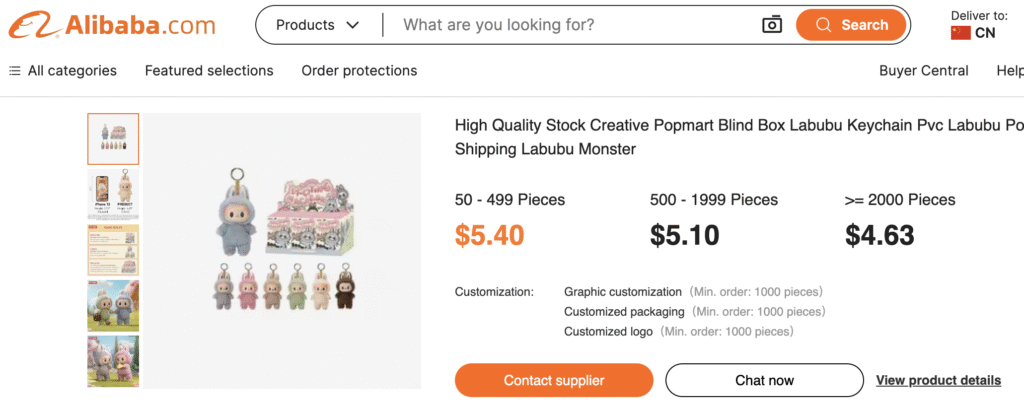
Alibaba and Made-in-China
Alibaba.com and Made-in-China.com are two of the most trusted B2B platforms for sourcing everything from electronics to edibles. For exciting macarons, these platforms give you access to a wide variety of suppliers that specialize in:
- OEM (Original Equipment Manufacturer) macarons
- Custom packaging
- Flavor-specific production (vegan, gluten-free, etc.)
Use keyword searches like:
- “Custom macaron supplier”
- “Macaron gift box manufacturer”
- “OEM bakery products China”
Always communicate through the platform’s chat system to keep a record of all conversations.
Trade Shows and Food Expos
Attending trade shows in China, either physically or virtually, is a great way to find high-quality macaron suppliers. Key events include:
- Canton Fair (China’s largest import/export expo)
- SIAL China (for food and beverage)
- Bakery China Expo (Shanghai)
These events allow you to:
- Sample products on the spot
- Compare suppliers instantly
- Discuss MOQs and pricing face-to-face
Most of these shows now offer virtual tours and B2B matchmaking, making it accessible even if you can’t travel.
Working with a Sourcing Agent like Simoosourcing
If all of this sounds overwhelming, consider partnering with a professional sourcing agent. Simoosourcing, for example, is a reputable sourcing company based in China that specializes in helping businesses find reliable suppliers, negotiate better deals, and oversee the entire shipping process.
Benefits of using Simoosourcing:
- Native Chinese speakers who negotiate on your behalf
- Supplier vetting and factory audits
- Quality checks before shipment
- Logistics and customs handling
They also act as a buffer, ensuring that cultural and language barriers don’t derail your order. Whether you’re new to imports or scaling your operations, using a sourcing agent can be a game-changer.
Understanding Import Regulations and Logistics
Customs and Import Duties
Importing food products, especially exciting macarons, involves strict compliance with local food safety laws. Before placing a large order, make sure you:
- Check your country’s import policy for baked goods
- Obtain necessary import permits
- Review ingredient disclosures and allergen labels
- Verify expiry dates and shelf life information
Macarons typically fall under “processed food” and may require labelling in the local language or additional documentation, like:
- Certificate of Origin
- Ingredients list
- Manufacturing process
For the U.S., EU, Canada, and Australia, customs duties and taxes may apply based on the product category and declared value. Tools like SimplyDuty can help estimate your import costs.
Shipping Methods (Air vs. Sea Freight)
Shipping your macarons safely is key. Here’s a quick breakdown of the options:
| Shipping Method | Delivery Time | Cost | Best For |
|---|---|---|---|
| Air Freight | 3–7 days | Higher | Small orders, perishable items |
| Sea Freight | 20–35 days | Lower | Bulk orders with long shelf life |
| Courier (DHL/FedEx) | 2–5 days | Highest | Samples, urgent orders |
Most suppliers will suggest cold chain logistics to keep the macarons fresh during transport. Ask about insulation, gel packs, or refrigerated containers.
Packaging and Labeling Requirements
Packaging is crucial not just for brand image but for legal compliance. You may be required to display:
- Nutrition facts
- Expiration date
- Storage instructions
- Manufacturer and importer details
Custom packaging also helps build brand identity and customer trust. Most Chinese suppliers offer fully branded boxes with your logo, story, and even QR codes that link to your store or Instagram.
Quality Control and Inspection
Third-Party Inspection Services
No matter how impressive your supplier seems online, you can’t risk your investment on assumptions. That’s where third-party inspection services come in. These companies operate within China and provide on-site quality checks before your order ships. Top inspection firms include:
- SGS
- Bureau Veritas
- TÜV Rheinland
- QIMA
An inspector will verify:
- Product appearance and flavor (for food-safe items)
- Packaging consistency and branding
- Correct quantity and batch numbers
- Labeling compliance based on your country’s import rules
You can also request container loading supervision to ensure the products are packed correctly and handled with care. Spending $150–$300 on inspection is a small price to pay compared to the risk of receiving a flawed or unsellable product.
Avoiding Common Pitfalls with Overseas Orders
Importing macarons from China has great rewards, but you must watch out for these common mistakes:
- Choosing the cheapest supplier blindly: Low cost often equals low quality.
- Skipping sample testing: Never place a bulk order without trying the product.
- Overlooking shelf life: Macarons have a short shelf life (7–14 days without refrigeration). Always ask about preservatives or freezing techniques.
- Ignoring legal compliance: Your products may get held at customs if packaging doesn’t meet import standards.
Be proactive and meticulous throughout the ordering process. Remember, prevention is far cheaper than damage control.
Cost Breakdown for Importing Macarons
Understanding the complete cost structure ensures you price your products accurately and maintain healthy profit margins. Here’s a typical breakdown when buying exciting macaron from China:
| Cost Component | Estimated % of Total Cost |
|---|---|
| Product Cost | 50% |
| Custom Packaging | 10% |
| Shipping & Logistics | 15% |
| Import Duties/Customs | 10% |
| Inspection & Quality Check | 5% |
| Miscellaneous/Buffer | 10% |
If you’re buying 1,000 macarons at $0.30 each, here’s a rough cost example:
- Product Cost: $300
- Packaging: $60
- Air Freight (5 kg): $90
- Customs/Duties: $60
- Inspection: $30
- Buffer: $60
Total: $600
Cost per macaron (landed): $0.60
This allows you to retail each macaron at $1.50–$2.00 while maintaining a 150–200% markup, depending on your market.
Trends in the Macaron Market
Flavor Innovation
One of the major reasons people love macarons is the endless variety of flavors. Chinese suppliers are pushing the envelope by creating flavors that cater to international markets. Here are some hot trends:
- Matcha + Red Bean
- Salted Egg Yolk
- Mango Sticky Rice
- Bubble Tea (Milk Tea Cream)
- Lavender Honey
Consumers are also drawn to seasonal collections like:
- Valentine’s rose-chocolate
- Halloween pumpkin spice
- Christmas peppermint bark
You can work with suppliers to develop exclusive flavors unique to your brand.
Sustainability and Organic Ingredients
More customers want macarons that are as ethical as they are delicious. Suppliers are responding by:
- Offering organic almond flour
- Using natural dyes (beetroot, spinach, butterfly pea flower)
- Providing compostable packaging
- Committing to no palm oil or artificial preservatives
These eco-conscious options are perfect for health-focused brands or those marketing to Millennials and Gen Z.
Case Study: A Boutique Bakery’s Success with Chinese Macarons
Let’s look at how one business turned Chinese-sourced macarons into a winning product line.
Case Study: SweetCrumb Bakery – Austin, TX
SweetCrumb, a small boutique bakery in Texas, decided to expand into corporate gifting and subscription boxes. Instead of baking everything in-house, they sourced exciting macarons from a supplier in Shenzhen.
What they did right:
- Ordered 5 sample kits from different suppliers.
- Partnered with a food-safe packaging company.
- Branded each box with QR codes linking to their story and customer reviews.
- Used frozen shipping to maintain freshness.
Results:
- Cut production time by 70%.
- Increased monthly sales by 300%.
- Landed a B2B deal with a local hotel chain.
By outsourcing macarons from China and focusing on branding, they scaled up quickly without sacrificing quality.
Partnering with Simoosourcing for Hassle-Free Importing
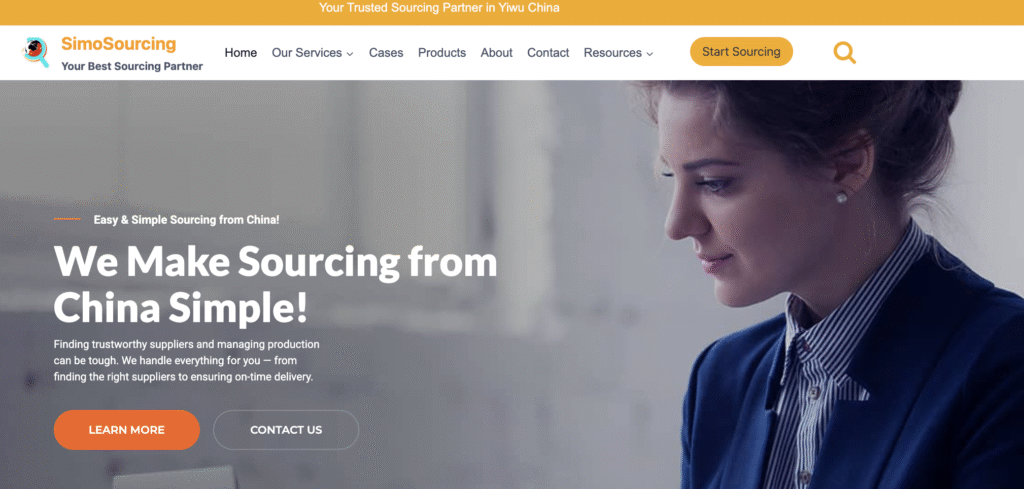
Who is Simoosourcing?
Simoosourcing is a trusted sourcing agent based in China, specializing in helping small and medium-sized businesses import products—especially exciting macarons and other food items—safely and affordably. Their team of bilingual experts bridges the gap between you and Chinese factories.
Benefits of Using Sourcing Agents for Food Imports
Here’s how Simoosourcing makes importing easier:
- Supplier vetting to avoid scams
- Negotiating better pricing with local expertise
- In-factory inspections before shipping
- Custom branding support
- Logistics and customs management
If you’re new to importing or want to scale your business, a sourcing partner like Simoosourcing reduces risks, saves time, and increases your chances of success.
Visit Simoosourcing’s official website to explore how they can help you source quality macarons or other products from China.
Conclusion
Buying exciting macarons from China opens up a world of possibilities. With the right supplier, attention to quality, and smart branding, you can offer gourmet, visually stunning, and highly marketable treats to your customers. Whether you run a local bakery or a global e-commerce brand, sourcing from China allows you to scale, diversify, and impress your audience without breaking the bank.
Take the time to vet suppliers, get those tasty samples, and build a relationship with professionals like Simoosourcing who can guide you every step of the way. Now’s the time to bring flavor, color, and excitement to your dessert business!
Frequently Asked Questions About Macarons from China
1. Can I order small quantities of macarons from China?
Yes, many suppliers offer low MOQs (minimum order quantities) of 100–500 pieces, especially if you’re testing a market.
2. How long does shipping typically take?
Air freight takes 3–7 days, while sea freight can take 20–35 days. Use express shipping for samples or small batches.
3. What should I check in the supplier’s certifications?
Look for HACCP, ISO 22000, and FDA approval if you’re importing into the U.S. Also verify shelf-life and ingredient documentation.
4. Can I customize packaging for my macarons?
Absolutely. Most Chinese suppliers offer custom boxes, sleeves, and labels with your logo and design preferences.
5. Is importing food from China safe?
Yes, if you choose certified suppliers and conduct third-party inspections, you can safely import high-quality food products like macarons.

